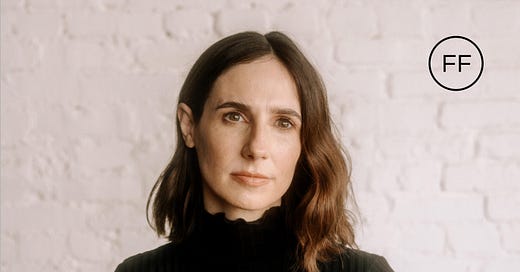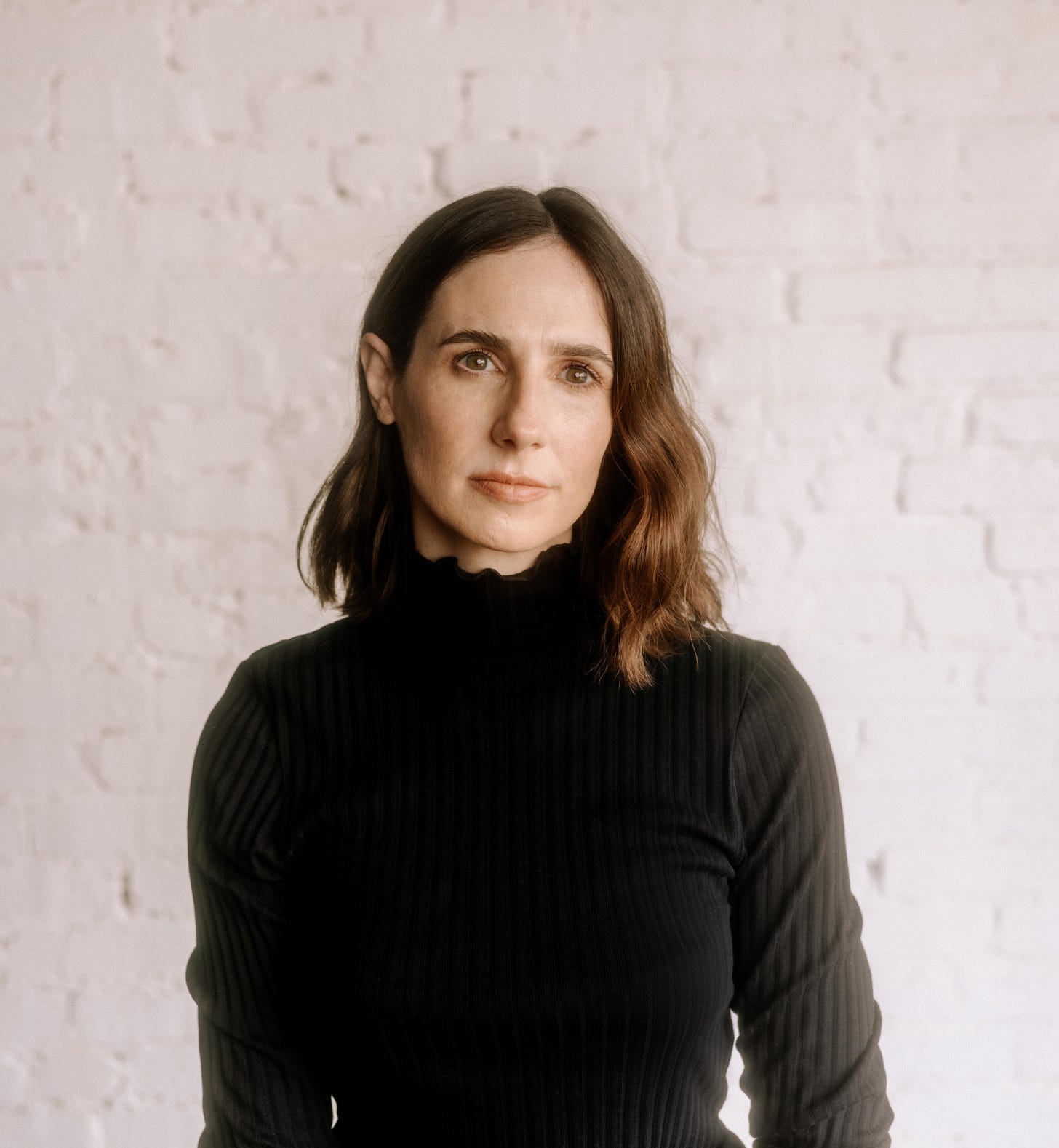Emily Witt Started Raving in 2016, and Then the World Turned Upside Down
a.k.a. An interview with the acclaimed journalist about her new book, which recounts her entry into NYC's club and party scene, along with tales of drugs, political upheaval and a doomed relationship.
Emily Witt is a journalist—a real one. Since 2018, she’s been a staff writer at The New Yorker, for whom she regularly flies around the US to cover breaking news and politics. (Her most recent stories include dispatches from the Kamala Harris campaign and reporting on trans teenagers in Texas.) Witt has also written extensively about culture, drugs and sexuality, and previously authored two books, Future Sex and Nollywood: The Making of a Film Empire.
Aside from that, she’s also a raver.
As she explains in her forthcoming book, Health and Safety, she found her way into New York City’s club and party scene during the mid 2010s, arriving at a time when A) she was already 35 years old and B) the popularity of “underground” dance music in the city was starting to really take off. Her entry into this world proved transformative, and also came at a time when the election of Trump and the rise of right-wing movements around the world reshaped not just her work as a journalist, but the entire social and political landscape. On a more personal level, these years also coincided with a new relationship, one that was intricately tied to New York’s dance music scene and ultimately ended, tumultuously, amidst the stress and upheaval of the pandemic and 2020’s Black Lives Matter protests.
Health and Safety will be released on September 17, and it’s different from most dance music books. For people involved in the culture, many of the places and names will ring familiar. Bossa Nova Civic Club, Berghain, Sustain-Release, UNTER … they all make an appearances, as do far too many DJs for me to list here. The story, however, is a personal one, and provides a first-person perspective of going out, dancing, taking drugs and falling in love—and doing it all while also working as a professional journalist and witnessing both the strife and theater of contemporary politics.
Ahead of the book’s official arrival, I asked if Witt would be up for an interview, and over the course of a long call last weekend, we went deep into the book and her relationship with dance music, discussing what led her into a scene that most participants find their way into at a much younger age. Along the way, we also touched on the role of drugs in the culture, the privileged nature of its protagonists, the traumatic end of her former relationship and what it was like to bounce between partying and her work as a journalist.




